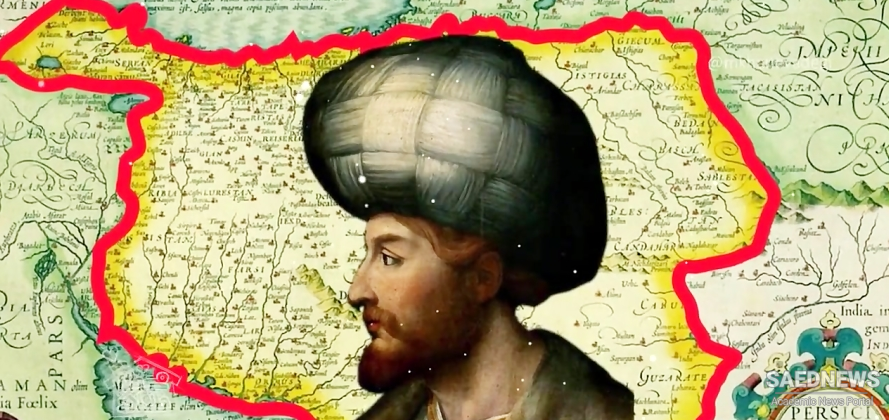For Shah Ismail Chaldiran did not mean merely the loss of a battle and of extensive tracts of land. In the eyes of his followers he had also lost the nimbus of invincibility, even if the defeat had done nothing to impair his reputation for sanctity. After all, the later Safavid monarchs were still considered sacred persons. However, his confidence must have been dealt a considerable blow. How else is one to explain the fact that thereafter in the ten years up to his death he never once summoned up the strength to take part in a military campaign, against either external or internal enemies? After Chaldiran there seems to have been little left of his old dynamism or of the boldness which he had still shown even on the battlefield of Chaldiran, although there was no lack of opportunity for military action, whether because of the revolt of individual governors or because of attacks from outside, for example a new Uzbek invasion in 927/15 21 under 'Ubaid-Allah Khan. Tasks such as these he left to his officers. He himself appears to have lapsed into a persistent passivity, at least as far as the military defence of his throne and empire was concerned. Although he continued the customary transfer of the royal court and headquarters from one province to another, the alternation of summer and winter camps, he spent most of his time in hunting, competitive games and carousing. In the spring of 930/15 24, on a hunting trip to Georgia, the shah fell ill, but recovered in Ardabll on the way back and continued his journey. However, he developed a violent fever en route and succumbed to it in Tabriz in the month of Rajab/May. Isma'Il is reputed to have been shrewd, to have had a lively mind and a quick intelligence. His personality as deduced from the sources does not lack positive features. The chronicles depict him as a just ruler who had the interests of his subjects at heart. His poems bespeak an unusual religious enthusiasm. Therein lies probably the key to his early political and military success: his ability to inspire others with his zeal - though the age was such that we may presuppose a certain susceptibility on their part. Courage and boldness together with physical strength and a masterly skill in the arts of war - he was said to be a superb archer - distinguished him in battle. But elsewhere too he did not lack courage, as is shown for instance by his decision to introduce officially the Shl'I faith in Tabriz, a city which had been hitherto two thirds Sunnl. These qualities characterise his conduct even at a very early age. We hear that while out hunting as a boy he fearlessly faced bears, leopards and lions. He was famed for his boundless generosity, especially when it came to distributing booty: of course his behaviour may not have been influenced by altruism alone but also by the realisation that this was the quickest way to win recruits.


 Chaldiran Battle and Lost Ambitions of Safavid Poet-King Shah Ismail
Chaldiran Battle and Lost Ambitions of Safavid Poet-King Shah Ismail














































